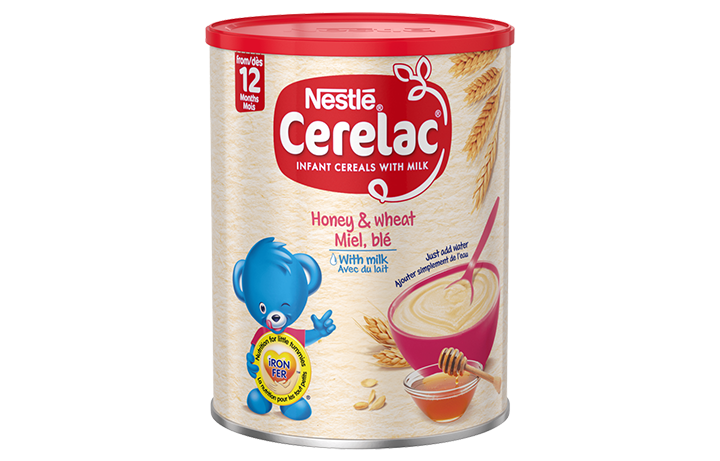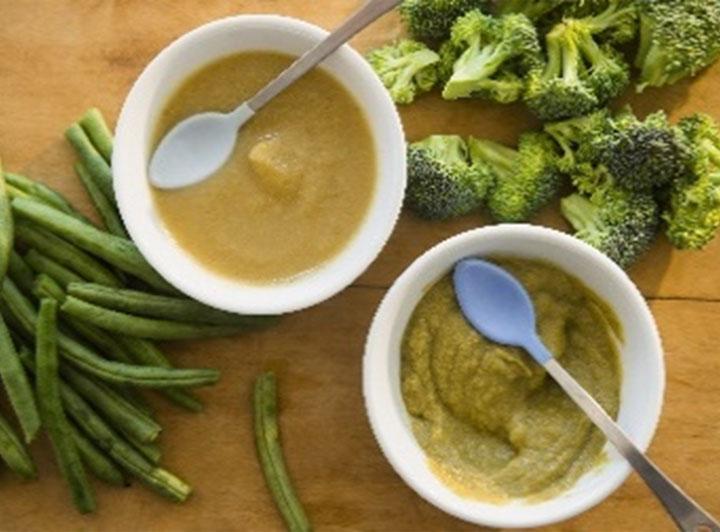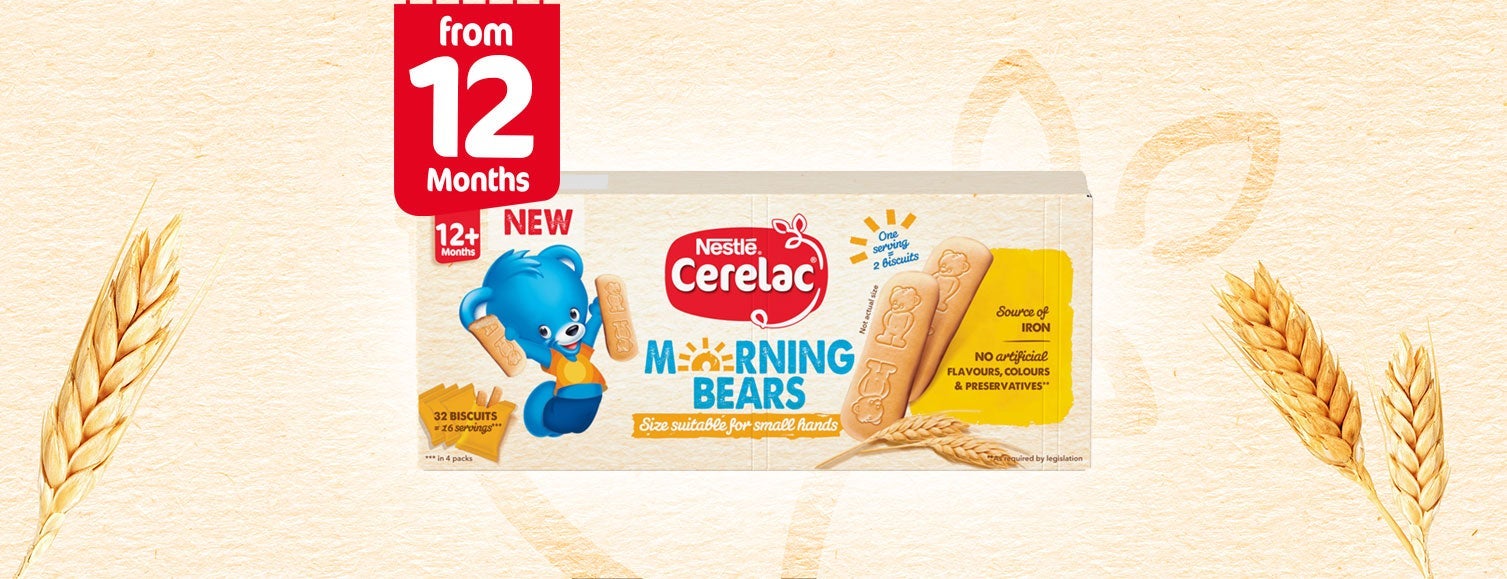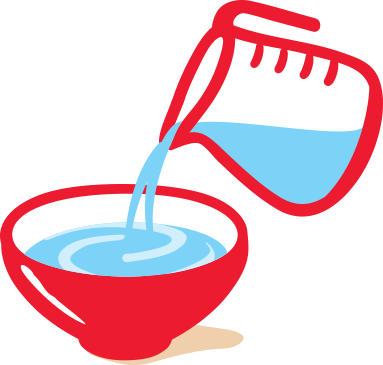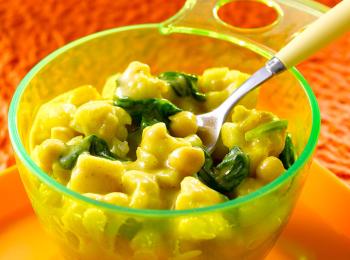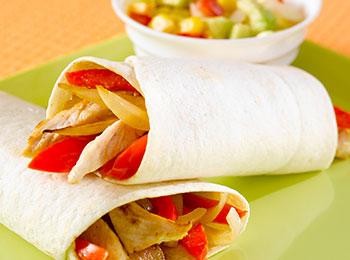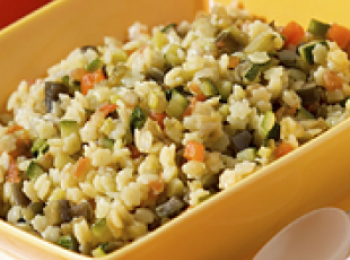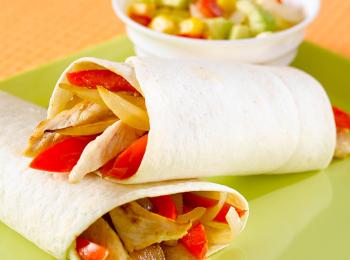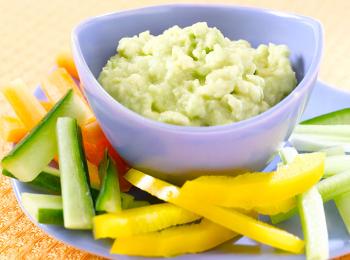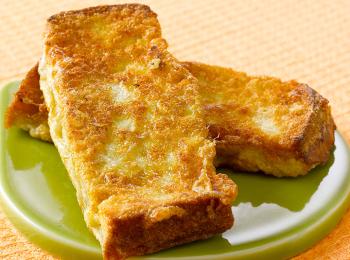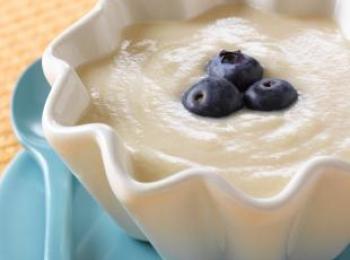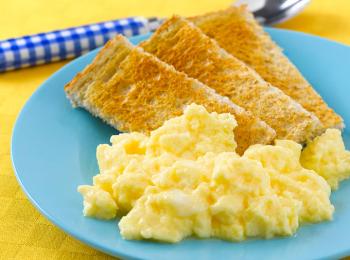Growing up milestones
- Could try to climb stairs
- Holds cup
- Can bite all sorts of food
- Starts saying ‘no’
- Might be a little shy
- Points to show you things
- Stands alone
- Begins to walk alone
- Laughs at funny things
- Might start running
Daily requirements (825 - 920 kcal/day)
- Breast milk (or toddler milk):
What?
Breast milk, on demand. If you are using a follow-on or toddler milk, please follow the advice of your health care professional and the on-pack feeding and preparation instructions.
Why?
Follow-on and toddler milks have suitable levels of protein and are enriched with vitamins, minerals and the essential fatty acids. These include vitamins A and E, calcium, iron and zinc, as well as omega 3 and 6.
- Infant cereals (50-100g):
What?
Your toddler will need about 50-100g or 3-6 tablespoons of iron fortified infant cereal.
Why?
Each serving of infant cereal is packed with important nutrients and provides complex carbohydrates that are easy to digest. This makes them ideal for toddlers who still only have little tummies, and will help them feel fuller for longer.
- Fruits (130 - 260g):
What?
Your toddler needs about 8 -16 tablespoons per day of fruit.
Why?
Fruit contains vitamins, minerals, antioxidants (to help keep cells healthy), and gentle dietary fibre (to help support digestion).
- Vegetables (130 - 260g):
What?
Your toddler will need about 8-16 tablespoons per day of vegetables.
Why?
Vegetables contains vitamins, minerals, antioxidants (to help keep cells healthy), and gentle dietary fibre (to help support digestion).
- Meat & Fish (15 - 30g):
What?
2-3 tablespoons of cooked meat, fish or 1 egg per day.
Why?
This amount of meat, fish or egg provides high quality protein (needed for building those well used muscles). Red meat is a great source of iron, and oily fish is good for mental development.
- Dairy
What?
Your toddler might enjoy about 1 serving/pot of yoghurt a day. That’s about 5-6 tablespoons.
Why?
Dairy products are a great source of calcium. Calcium is a building block for healthy bones and teeth.
- Water
What?
Try to make sure your toddler drinks a little water throughout the day, especially during the summer.
Why?
Water is needed for growth, and it supports many other functions.
Eating skills
- He can feed himself with a spoon: Soon he’ll be ready for a fork. Help him practise with easy to spear pieces of soft fruits and vegetables.
- Can take bites of all sorts of food: Give him plenty to get his teeth into with crunchy vegetables and chewy bread.
- Begins to hold his cup: Don’t overfill it. Just put enough for a couple of mouthfuls and help him take a sip.
- He easily feeds himself: Make meal times fun with lots of finger foods.
How much is too much?
Your toddler can help you understand how much food he needs. You just have to learn his cues.
Your toddler might have had enough if he:
- Shakes head or says ‘no
- Plays or throws his food
- Gets distracted easily
- Covers mouth with hands
Full up – suggestions
Listen to your toddler’s cues. If they are full, don’t try to force them to eat more. It’s normal for the amount your toddler eats to change from meal to meal as well as day to day, depending on their activity level.
Keep a food diary. You’ll be able to see what, how much and when they like to eat, and it’s a handy reference for talking to your health care professional too.
Your toddler may still be hungry if he:
- Points, reaches or asks for specific foods
- Leads you to the fridge or kitchen
Still hungry – suggestions
After the meal, offer them some pieces of fruit or fruit purée.
They could also be thirsty. Try offering some water to drink.
Offer them a teething biscuit or a small piece of bread. It will also help them practise their chewing.
Foods to enjoy
Vitality and nutritious energy are on the menu. Although breast and/or toddler milk are still on the menu, a healthy balanced diet is key. All the major food groups are now essential to provide energy and all the important nutrients.
- Dairy Products:
Cheeses are a good source of protein and calcium – and important building block for bones and teeth.
- Cereals:
Due to its complex carbohydrates, dietary fibre and minerals, wholegrain bread is a great source of nutritious energy.
- Vegetables:
Mushrooms and celery contain vitamins, minerals, antioxidants and provide plenty of gentle dietary fibre. Steaming is the best way to preserve their vitamins and taste. Remember, some vegetables (e.g. carrots, avocado) can be eaten raw. Adding a little good quality vegetable oil will help your toddler to better absorb certain vitamins.
- Fruits:
Kiwi and lychee are packed with vitamins, minerals and antioxidants and provide plenty of gentle dietary fibre. Fruit doesn’t have to be cooked anymore, but make sure it’s ripe. Raw fruit contains more vitamin C too.
- Meat, Fish and Eggs:
Like meat and fish, eggs can provide your toddler with high quality protein and vitamins. Always cook meat, fish and eggs.


